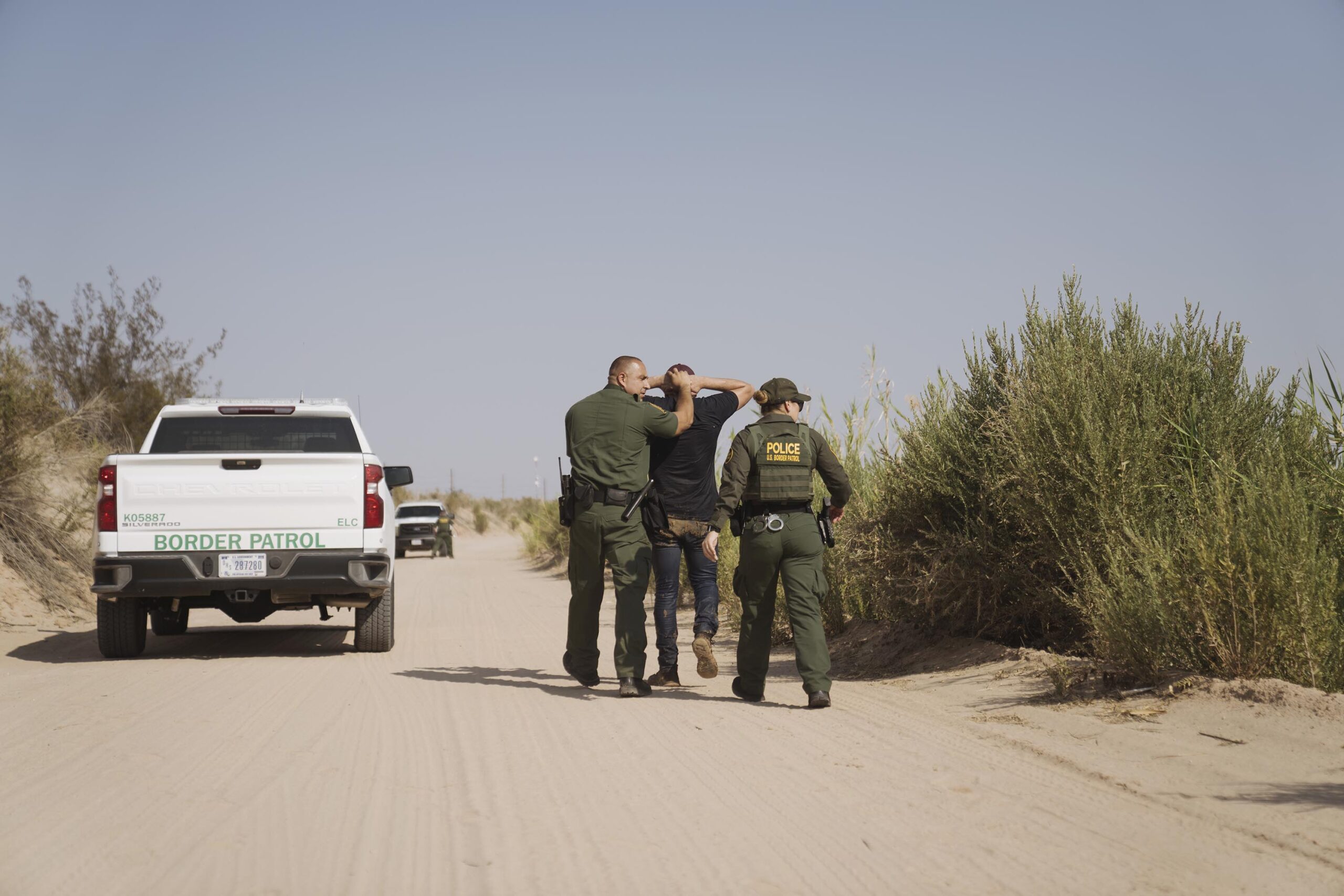Officer Richard ‘Dolphin Boy’ Ortega
10 September 2024, El Paso, Texas, George Allsopp – Many are angry and frustrated with the local constabulary in El Paso, Texas. This is understandable. After all, there is a certain element within the Department that gives all officers a bad name. We will discuss just one of them, Officer Richard Ortega, also known as Dolphin Boy.
Officer Ortega has a story to tell and will gladly share it with anyone who is willing to lend an ear. The story goes like this:
Dolphin Boy was on holiday, enjoying a swim in the ocean. While out, Officer Ortega swam too far out and began to lose consciousness and was on the verge of drowning. He didn’t know what to do.
While bobbing about in the water, regarding life choices I’m sure, he began to black out. During one of these blackouts, God decided to intervene and send a pod of dolphins to rescue Ortega.
As Officer Richard ‘Dolphin Boy’ Ortega tells it, he began to regain consciousness and discovered there were two dolphins, one under each arm, taking Ortega back to shore. The dolphins took him to where he could stand in the water and safely walk back to shore.
There are, however, no photographs or videos to back his claim whatsoever.
This is not the only time that Officer Ortega has decided to spin a tail of wonder in hopes of exciting those around him. Let’s go back in time to a tragic day for all El Paso, the Walmart Shooting.
Why do we mention Ortega and Walmart?
Officer Ortega likes to say that he rushed to the Walmart shooting, prepared to save the lives of everyone there. Ortega will tell you that he was in possession, and ready to use, forty (40) tourniquets.
No single officer was in possession of that many tourniquets. ‘Tis rather impossible, in fact.
There’s more.
After the Walmart shooting, Officer Ortega was told he needed to change his statement concerning his activities on scene, as well as change what he wrote about the overall events of that day. In short, Officer Ortega was lying through his arse to make himself look good.
Were there a list of officers known to lie, and if that list were public facing, we would all sleep soundly knowing who we could and couldn’t trust. If such a list existed, we would not who to remove from the El Paso Police Department, and that would help make El Paso a safer city.
Officer Ortega is a prime example of why the City of El Paso, the El Paso District Attorney’s Office, and the El Paso Police Department need to comply with Supreme Court rulings and have a public-facing Brady List.
What is a Brady List?
A Brady list is a list of law enforcement officers who have been found to have committed actions that may question their credibility. These actions can include criminal convictions, untruthfulness, or other issues that may affect their reliability.
In short, a Brady list would help weed out the corrupt, lying officers within the El Paso Police Department.
Texasis not in compliance with the nationwide, public-facing, platform of record: The Brady List; or:
- Supreme Court of the United States [SCOTUS] Brady doctrine (1963);
- US Freedom of Information Act 5 U.S.C. § 552 (1967);
- Texas Public Information Act Texas Government Code 552;
- Open Government Act S. 248 (2007);
- Open Government Initiative (2009); and,
- Open Government Directives (2009) issued by the United States Department of Justice.
Prosecutors have ethical obligations and may be held individually accountable under the Rules of Professional Conduct [R.P.C.] for their conduct within the legal system. Violations of these Rules can result in disciplinary actions which may include sanctions, suspension, or disbarment.
- R.P.C. 3.4: Fairness to Opposing Party & Counsel
- R.P.C. 3.8: Special Responsibilities of the Prosecutor
- R.P.C. 8.3: Reporting Professional Misconduct
This information has been curated by journalists and private citizens; and, this platform is available as-a-service to all Peace Officer Standards & Training [POST] Departments, Prosecutors, and Law Enforcement Organizations [LEOrgs].
The Officer of the District Attorney in El Paso did speak with Steven Zimmerman, indicating that they would work on providing him with some sort of list that would indicate which officers were problematic. At the end of the day, the DA’s office never provided the promised list.




